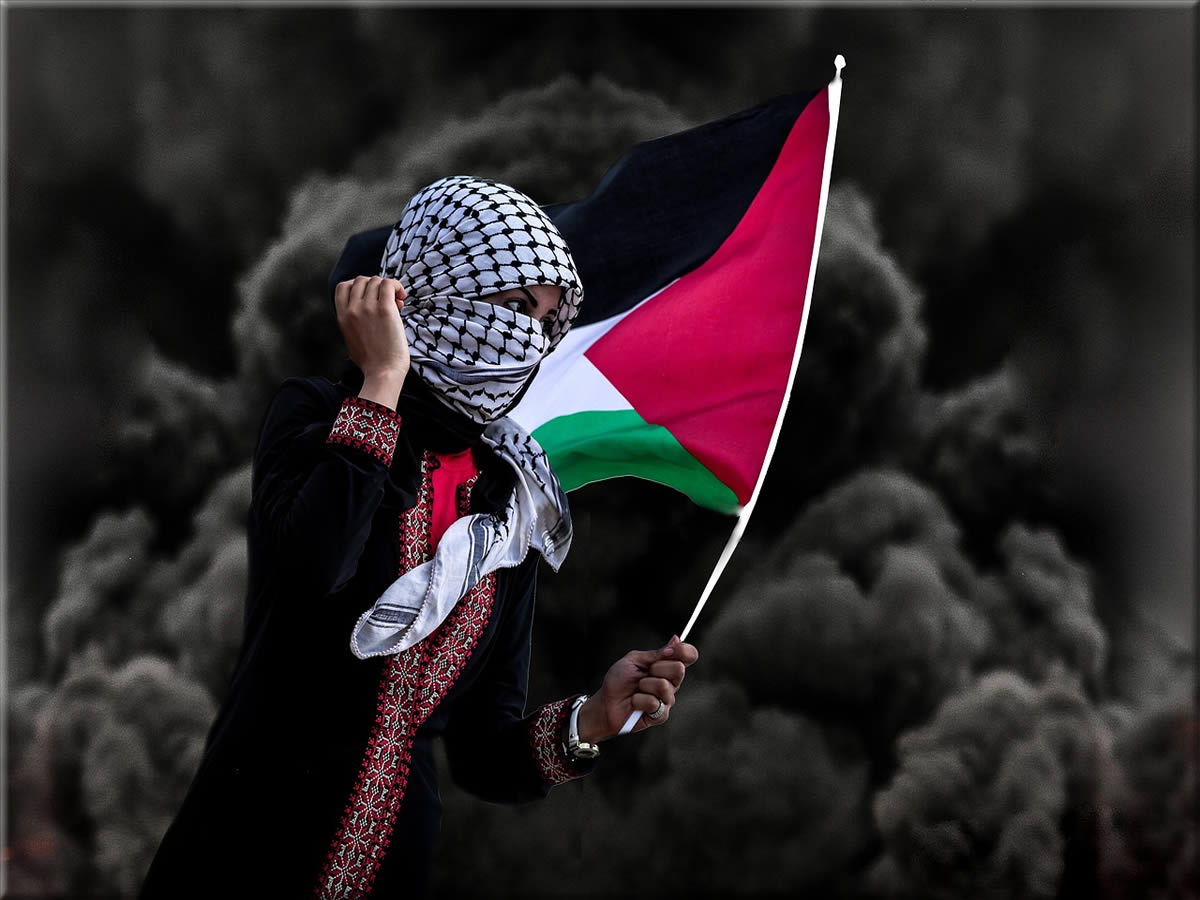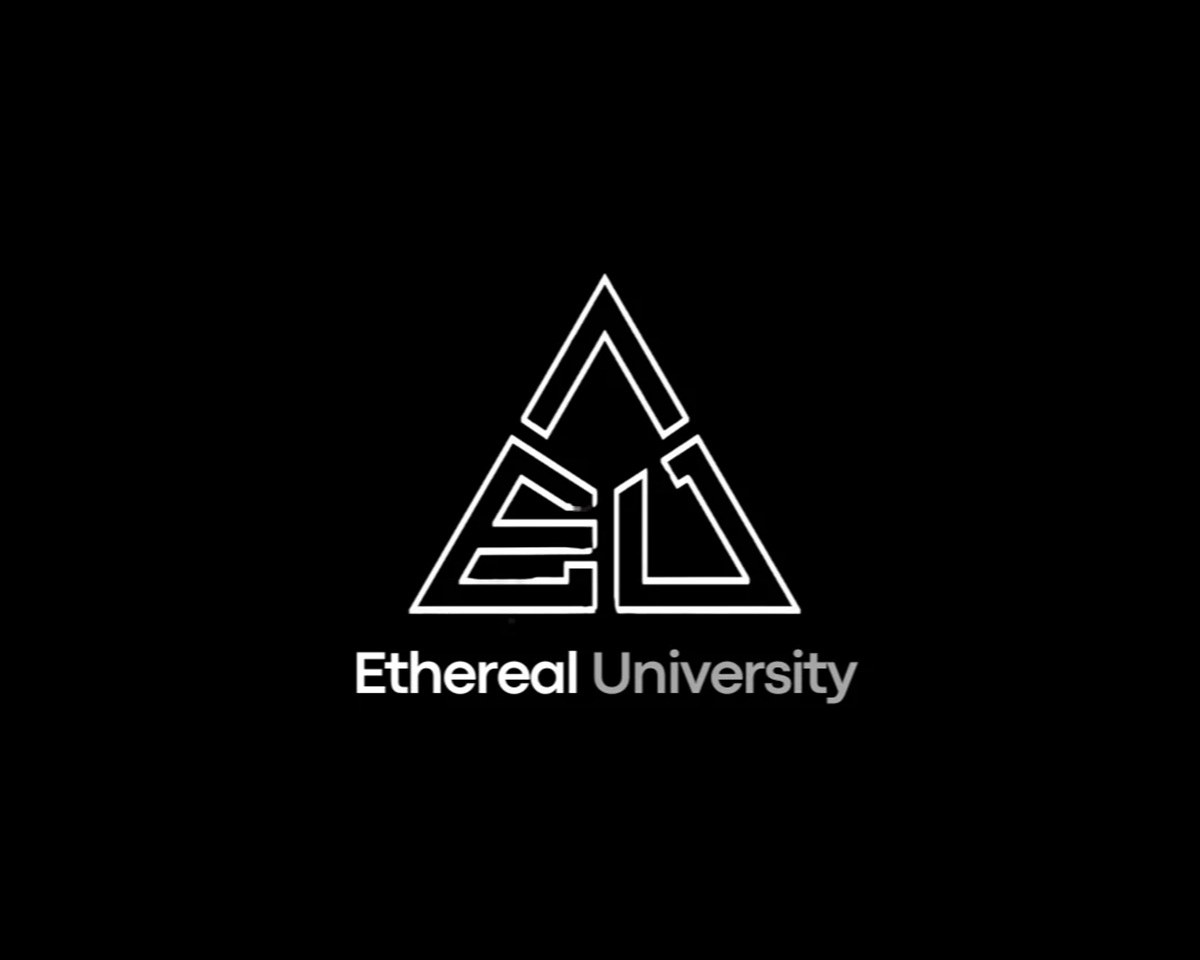
The Roots Of Radical Islamic Extremism
Islamic extremism refers to a range of beliefs and ideologies that Muslims adhere to within Islam. However, it comes with a hefty share of debate. This contention stems from the broad spectrum it covers, from those who advocate Islamic supremacy to the narrative that every other ideology is inferior. Consequently, this complexity gives rise to differing academic and societal interpretations.
At its core, extremist beliefs often revolve around a very literal reading of religious texts or an unwavering adherence to specific ideologies. Furthermore, these beliefs can manifest in varied behaviors, sometimes eschewing modernity or, more severely, fostering violence. The key, therefore, is to understand these rigid perspectives without painting the entire religion with a broad brush.
Check out more videos on our YouTube channel
Today’s global landscape is shaped by headlines of violence associated with Islamic terrorists or jihadists. However, it’s crucial to approach these topics with nuance. While religious motivations may drive acts of violence, they’re often just as much about power, control, and reaction to perceived injustices.
Calling certain beliefs or actions ‘extremist’ doesn’t come without controversy. It’s contentious to label as it often challenges deeply held cultural and religious identities.
The Historical Roots and Evolution of Extremist Ideologies
Radical Islamic ideologies didn’t just pop up overnight; they’re deeply rooted in long-standing historical and geopolitical contexts. Understanding these roots requires a look back at the socio-political factors that have shaped the Middle East over centuries. This region boasts a rich history and diverse cultures, but has also experienced ongoing conflict and power struggles.
Many of these extremist ideas trace back to specific interpretations of Islamic teachings, but political upheavals, colonial pasts, and economic strife also play a massive part. The frustration born of these conditions often finds expression in radical ideologies, offering seemingly clear-cut solutions to deeply complex issues.
If you are looking to reprogram yourself and discover the truth, Ethereal University is the key to mastering your mind, breaking free from illusion, and reclaiming control over your life.
Salafism is a significant player here. It’s a movement that emerged, aiming to return to what is considered the ‘pure’ and original form of Islam. While many who follow Salafism engage peacefully, some factions lean towards Islamic extremism, often using its principles to justify more radical actions.
Understanding the evolution of these ideologies also requires recognizing the role of historical grievances. Perceptions of oppression, marginalization, and foreign intervention have fueled narratives that extremist groups exploit. They offer a sense of identity and direction, albeit a highly contentious one, to those feeling disenfranchised by the status quo.
Realizing all this, it’s crucial to address these historical roots carefully. Negotiating peace and fostering understanding starts with acknowledging these diverse historical influences and unraveling the complex web of past injustices and their modern manifestations.
Jihadist Groups and Their Global Impact
Jihadist groups like Al-Qaeda and ISIS have become almost synonymous with today’s radical Islamic extremism. They’re not just local threats; they’ve firmly planted themselves globally. These groups often thrive on chaos and instability, exploiting local grievances to recruit and sow discord on a larger scale.
Understanding their global impact involves examining how these groups have spread their influence beyond borders. They tap into communication networks, utilizing social media to propagate their ideologies and recruit new members. This transnational approach amplifies their reach and complicates efforts to counteract them.

These groups’ operations are often shrouded in a veneer of religious justification, but political motives are usually just beneath the surface. They’re adept at manipulating ideological beliefs to justify violent campaigns that have long-lasting effects on global security and economies.
Addressing the influence of these groups requires more than military interventions alone. It’s about cutting off their funding streams, countering their propaganda, and engaging affected communities in dialogue and rehabilitation efforts.
Muslim-majority countries have played pivotal roles in combating violent extremism. Many have launched de-radicalization programs, and some have started redefining religious narratives with moderate interpretations. This push for reform from within the community is a powerful countermeasure to the extremist narratives that jihadist groups promote.
The Human Cost: Impact on Rights and Freedom
The impact of radical Islamic extremism isn’t confined to the geopolitical sphere; it spills over into everyday life, particularly affecting human rights and individual freedoms. The harshest brunt often falls on the rights of women, who, under extremist regimes, can face significant oppression and mistreatment. This manifests in denying access to education, career opportunities, and even fundamental freedoms such as movement and expression.
These rigid rules enforced by extremist groups reflect a stark departure from fundamental human rights. Control becomes a primary tool, stripping individuals of autonomy and transforming societies into environments of fear and restriction. Such environments are detrimental to personal growth and stifle communal progress.

Despite these severe challenges, there are stories of resilience. Across various regions, individuals and communities have stood up against extremism, advocating for change and championing human rights. These narratives of resistance offer valuable insights into the profound power of the human spirit, even in the face of adversity.
Additionally, addressing the fallout of extremist impact on rights and freedom requires a nuanced approach. It’s about listening to those directly affected and amplifying their voices. Building bridges of understanding, fostering dialogue, and promoting education are crucial steps toward healing and transformation. Offering platforms for affected communities to share their stories and experiences can break down stereotypes and promote a more just and inclusive society, steering clear of extremism and towards lasting peace.
Related Topics












